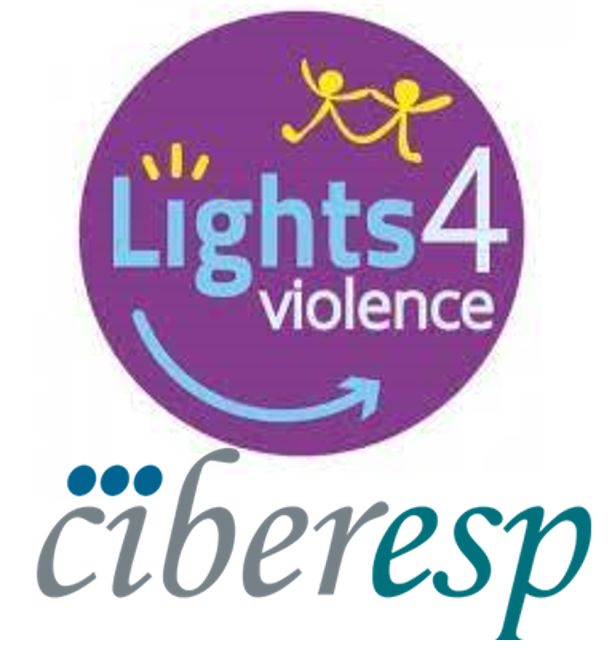
Edited by Universitatea De Medicina SI Farmacie Grigore T. Popa, Romania (UMF Iasi) team (project researchers)
Currently there is great concern about the way in which gender-based violence affects women from an early age.
The spread of gender-based violence is increasing, representing one of the most urgent social problems of the contemporary world. Since 2012, an EU report based on face-to-face interviews with 42,000 women from all 28 EU member States, shows the following about gender-based violence:
- the percentage of women who have been affected by physical violence by their partner since the age of 15 is 20% for the EU average and 23% in Romania;
- the percentage of women who have been affected by sexual violence by their partner since the age of 15 is 7% according to the EU average and 2% in Romania;
- the percentage of women victims of psychological violence by their partner since the age of 15 is 43% for the EU average and 39% in Romania (Hanganu et al., 2017)
The impact of gender-based violence does not only affect victims, through physical and psychological consequences (Timescu et al., 2010), but can also have social and economic consequences for the medical system, public health, public and economic policies and normative system.
According to the European survey on violence against women conducted by the EU Fundamental Rights Agency in 2014, 33% of women were or have been exposed to forms of physical or sexual assault since the age of 15. The results of the survey show that young women are particularly vulnerable to gender-based violence. Despite their young age, physical and sexual violence among young people (18-24 years) is similar to that in the general population (20% compared to 22%). However, psychological violence is alarming: 50% of young women were psychologically assaulted by their partner (Vives-Cases et al., 2017).
Within this framework, experts in the field of health promotion interventions among adolescents launched the European project "Lights4Violence" to improve the relationships of young people. The project is coordinated by the Faculty of Medical Sciences of the University of Alicante (Spain) in collaboration with six universities and institutions in Portugal, Romania, Poland, Italy and the United Kingdom. The "Lights4Violence" project aims to educate teenagers about the importance of positive interpersonal relationships based on respect and trust. In addition, different actions will improve their attitude towards sexism, intolerance to violence between partners and other forms of violence. Moreover conflict management capabilities will be developed through people-to-people communication, mediation and negotiation.
The team of the University of Medicine and Pharmacy "Grigore T. Popa" of Iasi, Romania, is partner of the project and is composed by Veronica Mocanu (Physiopathology Discipline, Faculty of Medicine), Beatrice Gabriela Ioan (Legal Medicine Discipline, Faculty of Medicine), Ileana Antohe (Nursing Discipline, Faculty of Medicine), Elena Mihaela Cărăuşu (Public Health and Management Discipline, Faculty of Dental Medicine), Dana Teodora Anton-Păduraru (Paediatric Discipline, 2 Faculty of Medicine), Cristina Gena Dascălu (Discipline of Information and Medical Biostatistics, Faculty of Dental Medicine).
The UMF IASI team contributed to the first phase of the project "Lights4Violence" through the pilot study that included 30 students, 14 -15-year-old (9th grade) from Dimitrie Cantemir High School in Iasi. The study was coordinated by the psychologist of the project team, Ioan Gotca, and from the school participated the psychological counselor of the school and the technician of the computer laboratory.
The pilot study highlighted that the students had the educational and psychological training to understand and complete such an assessment of psychological profile and attitude related to violence without any risk.
Considering the pilot study of this project a real success, the Team from Romania will prepare the study experiment in two high schools from Iasi.
References
Hanganu B, Crauciuc D, Petre-Ciudin V, Velnic AA, Manoilescu I, Ioan BI (2017), Domestic Violence in the Postmodern Society: Ethical and Forensic Aspects. Postmodern Openings, Volume 8, Issue 3, December, pp. 46-58 2.
Temeş M, Manole A, Matei M, Ivan A. (2010).Considerations on death by domestic violence in Neamt County, between 1997-2008, Rev Med Chir Soc Med Nat Iasi. Jul-Sep;114(3):856-60. Romanian.
Vives-Cases C, La Parra D. (2017) , Help-Seeking Behavior Among Moroccan, Romanian, and Ecuadorian Women Experiencing Intimate Partner Violence in Spain, Violence Vict. Aug 1;32(4):754- 768. doi: 10.1891/0886-6708.VV-D-14-00157. Epub.

Add new comment